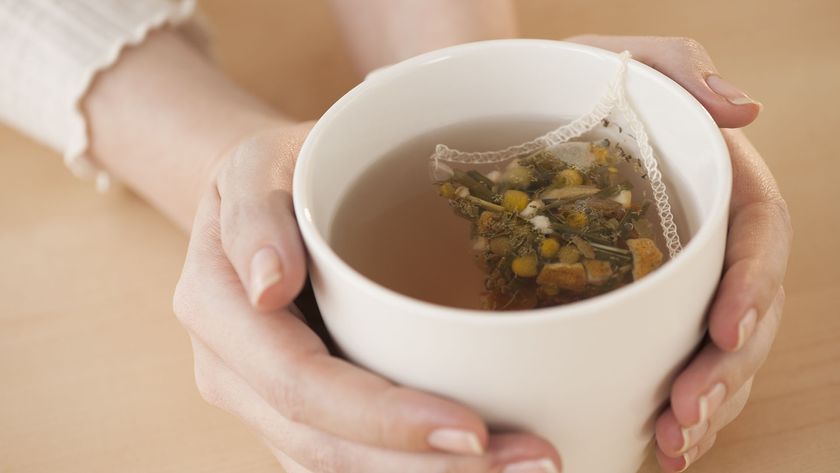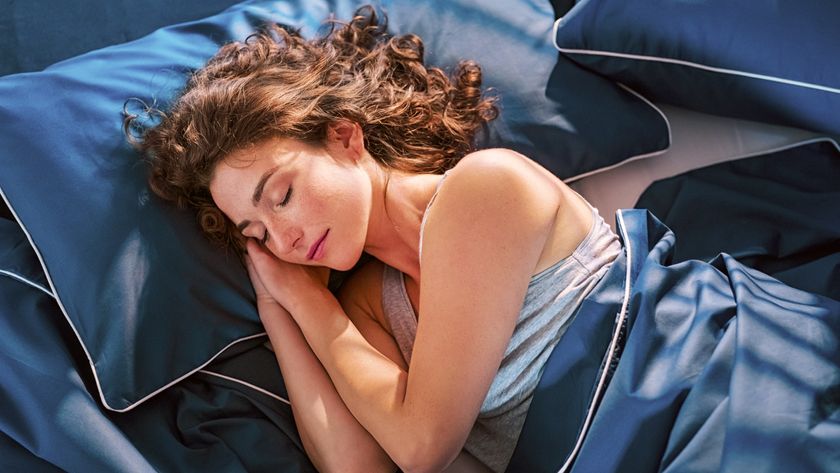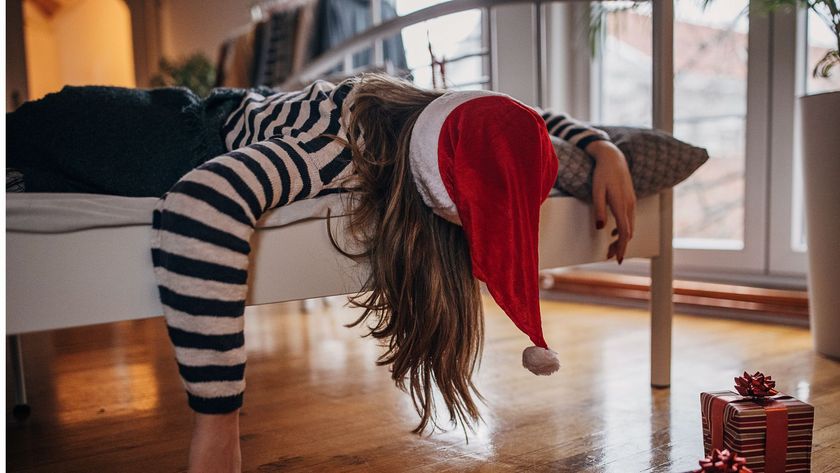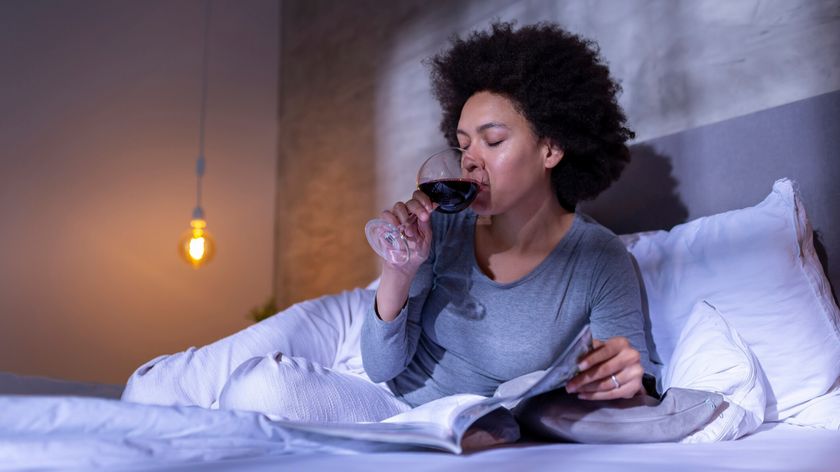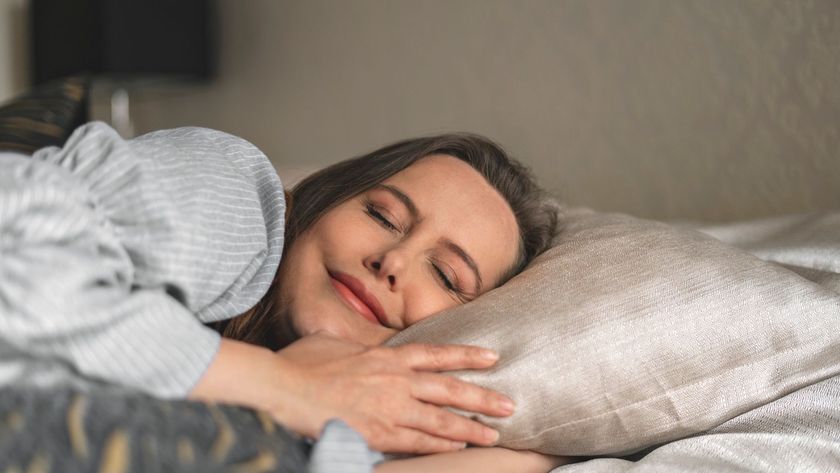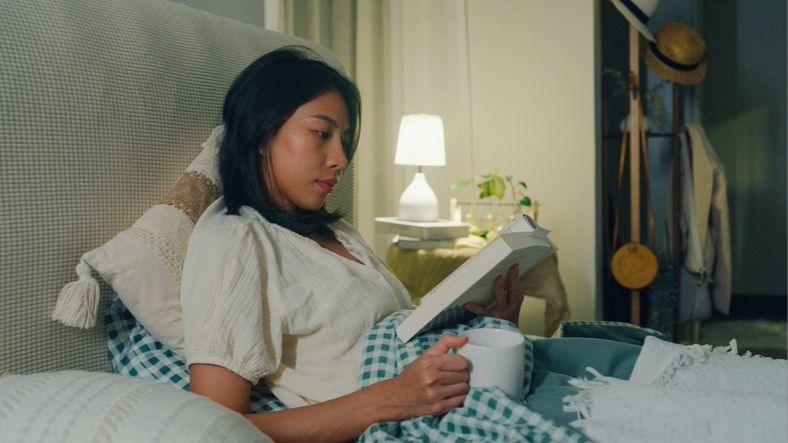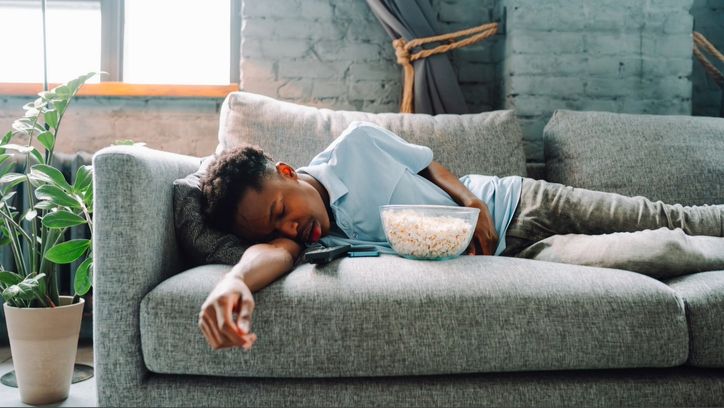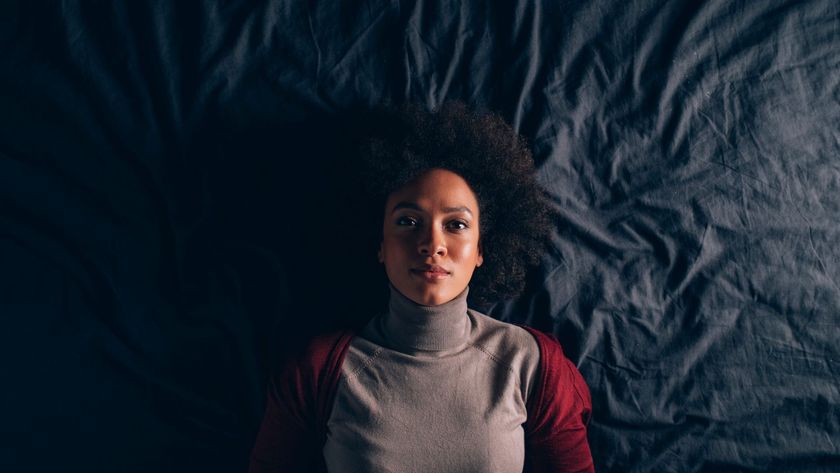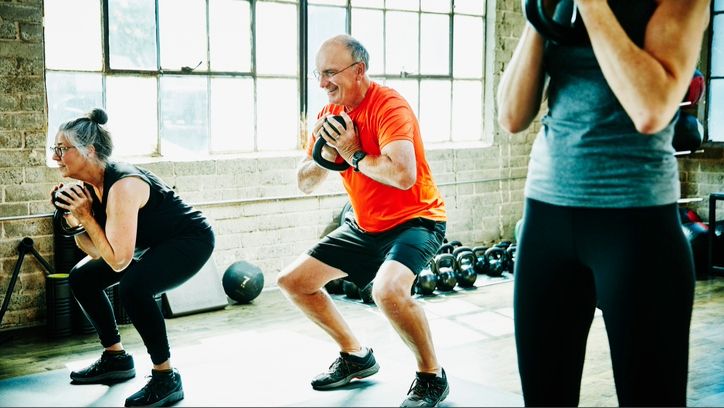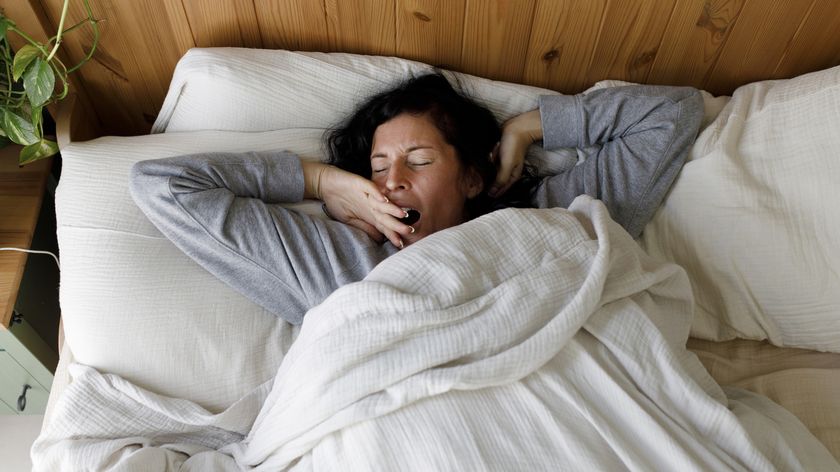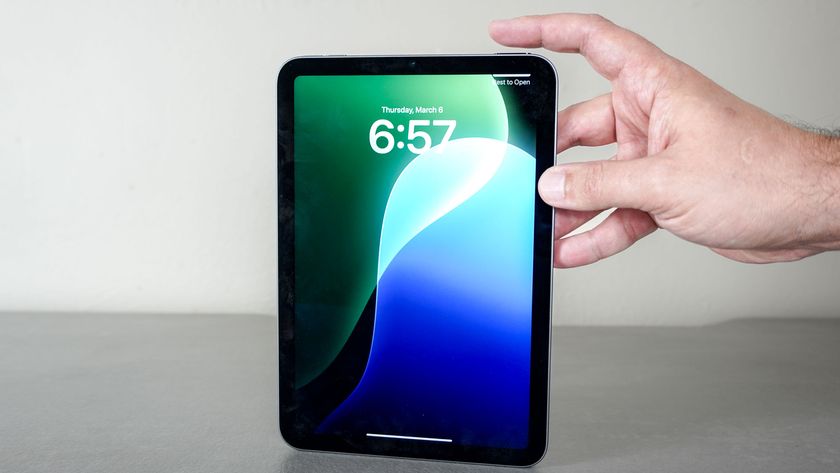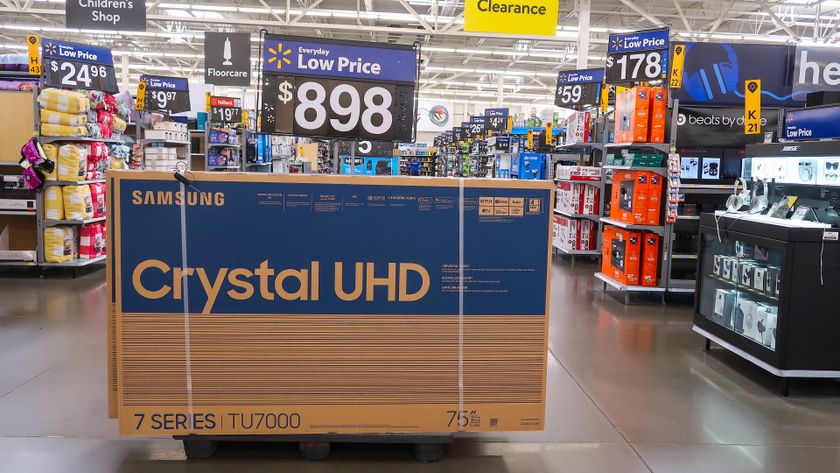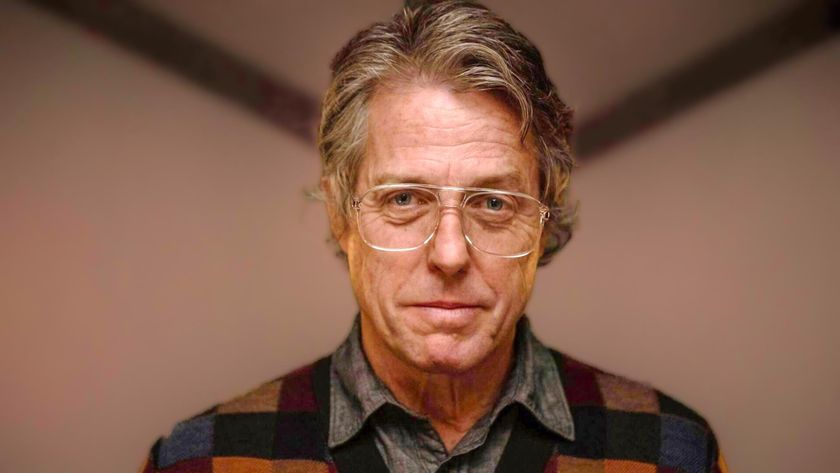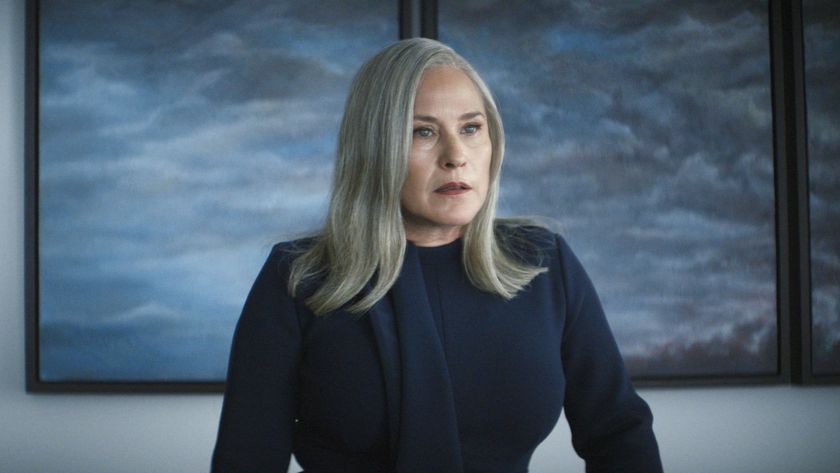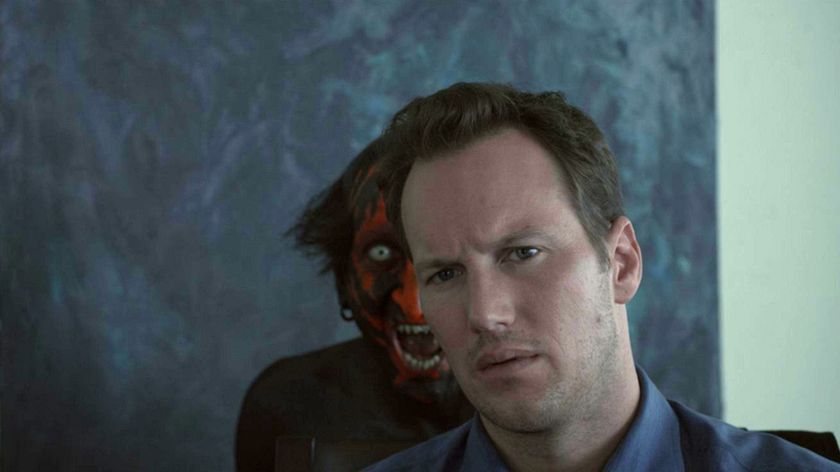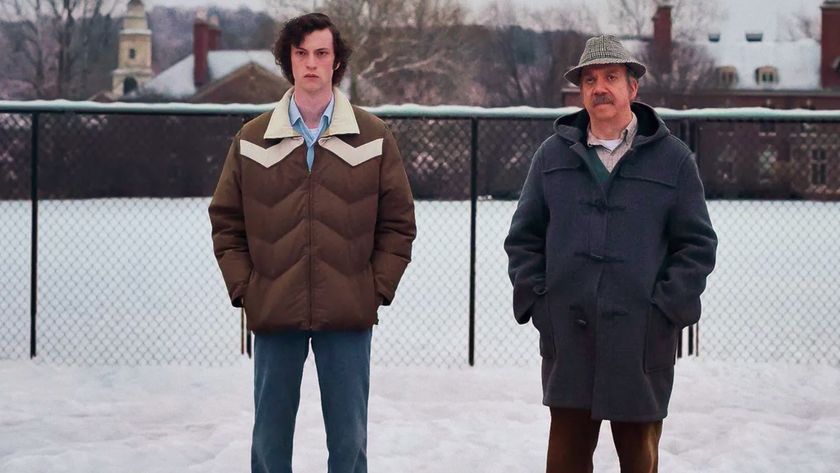My one tip for better sleep in the New Year? Try Dry January
Alcohol wreaks havoc on our sleep — here's what will change if you cut it out
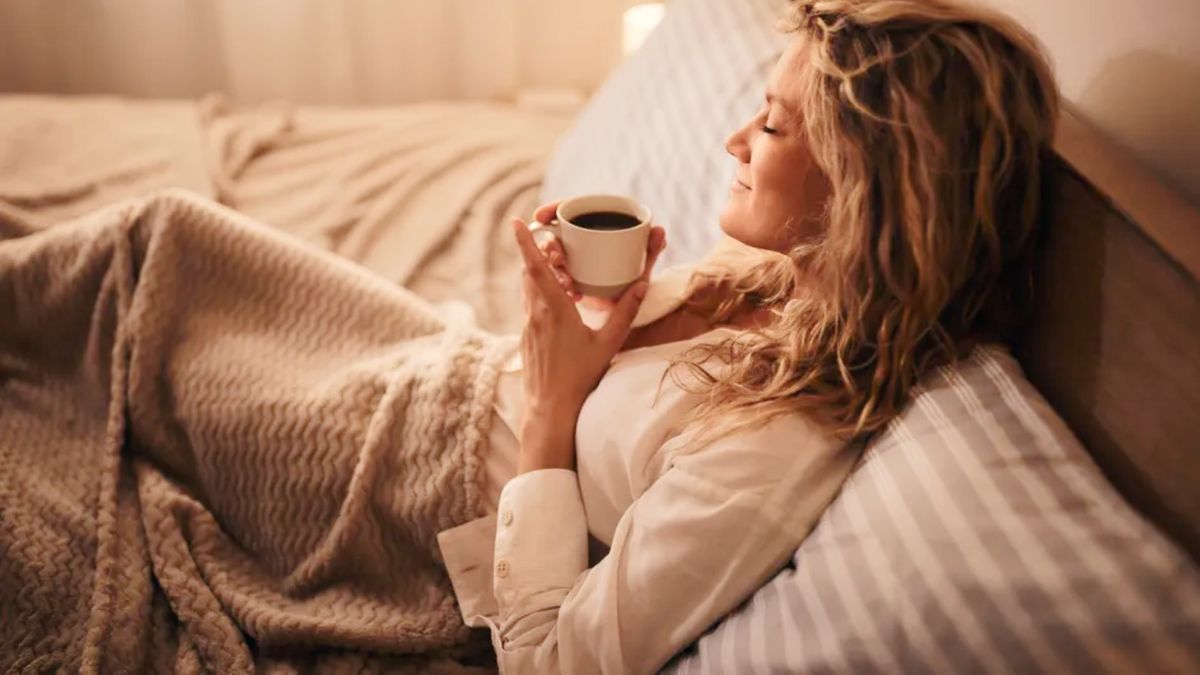
As the Sleep Features Editor for Tom’s Guide, I’ve tried many different hacks and methods for better sleep, but the one I swear by is reducing my alcohol intake. The benefits of cutting down on alcohol are no secret — from improving physical health to boosting mental health — and taking part in Dry January will help you ditch the booze and transform your life for the better.
However, a lesser known benefit is how your sleep can improve, and, as we know, good sleep leads to better overall health and wellbeing. Even just a drink or two can impact your sleep quality and lead to frequent nighttime awakenings. Alongside this, the drastic changes to your bedtime during a boozy night can have a huge knock-on effect on your circadian rhythm (also known as your body clock), making it harder to fall asleep at night and stay alert during the day.
After I tried Sober October and saw such a huge difference in the quality of my sleep, I didn’t touch a drop of alcohol for almost three months. From falling asleep faster to regulating your energy levels, here’s how Dry January can lead to quality rest.
What is Dry January?
Dry January was developed by a UK charity, called Alcohol Change UK. The challenge is to abstain from all alcoholic drinks for the whole month of January, and it's designed to improve people's relationship with alcohol, their health and even to encourage sobriety to continue beyond January. There are various resources and tools on the charity's website that can help you complete the challenge.
How does alcohol affect sleep?
While you may feel like you sleep deeper for longer after you’ve drunk alcohol, the quality of your sleep is actually poorer. As the alcohol in your system wears off, the initial sedative effects fizzle out which can cause you to wake up frequently during the night and sleep lighter.
Studies have shown that even low alcohol intake can decrease the quality of your sleep by 9.3% because of the way it interferes with our cardiovascular relaxation. If our heart rate doesn’t slow, we won’t get the same amount of rest we usually get when we sleep. Alongside this, alcohol decreases the amount of time we spend in REM sleep, which is key for restorative brain processes. This means we may not feel as rested or refreshed in the morning, despite getting over eight hours of sleep.
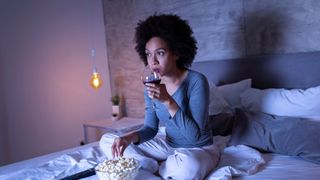
Another key factor is dehydration. I’m sure we all know the feeling of reaching for a glass of water when you wake during the night, hangover already in full swing. It can feel impossible to hydrate ourselves and this can make it impossible to get good sleep. Not only can it disrupt our sleep wake cycles, but it can also make it more difficult to regulate our body temperature. This can lead to nighttime sweating or waking up shivering.
All of these factors lead to poor sleep, and in the long run, potentially sleep deprivation. But that doesn’t have to be the case, especially if you’re considering Dry January as your New Year’s resolution.
How Dry January can help you sleep
You may be becoming clear just how much Dry January can help you sleep better, but if you’re still on the fence, here’s what you can expect once you stop drinking:
You’ll sleep through the night
When you stop drinking, you are eliminating many potential sleep disturbances that will wake you up. You’ll be less likely to wake up from dehydration, the need to urinate, or the alcohol wearing off.
While we all wake up naturally throughout the night when we come to the end of our sleep cycles, we often won’t even notice it, falling back asleep quickly. When we wake up in the night and become lucid, the quality of sleep we get can greatly decrease.
However, when you cut out alcohol, sleeping through the night is a lot easier. While other factors can wake you up, you’ll be increasing the likelihood of getting deep, quality sleep. This can lead to better regulated energy levels throughout the day, and even make it easier to fall asleep again the next night.
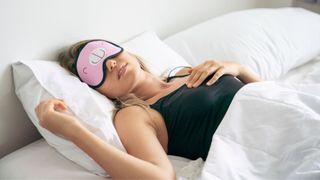
You’ll fall asleep faster
While initially you may feel like falling asleep fast is the easiest thing in the world after you’ve had a drink, it can make it more difficult to fall asleep in the days after drinking. This can be due to irregular sleep patterns and sleep deprivation, but also anxiety.
For me, stopping drinking led to a huge reduction in my nighttime anxiety because alcohol was no longer affecting my nervous system. This meant I found falling asleep a lot easier.
Once you cut out alcohol, it’s likely you’ll find your sleep schedule becomes more regular and, without alcohol interfering with your circadian rhythm, your body clock will be functioning as it should. This means your energy levels will be more stable throughout the day, dropping in the evening and making it easier to fall into a deep and restorative sleep.
You’ll wake up more energized
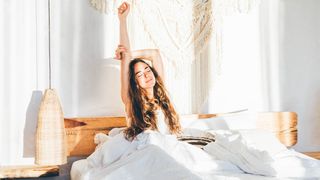
Without constant interruptions, a racing heart rate, and lighter sleep it’s no surprise that you’ll wake up feeling more energized. Without the brain fog and physical discomfort (as well as anxiety) from a hangover, you’ll feel the benefits from the quality sleep you get.
Personally, once I stopped drinking for Sober October, my productivity levels and stamina throughout the day improved massively. Before, I often felt like I needed a nap in the afternoon to keep going, but now I only start to feel tired or lethargic when it’s getting close to my bedtime.
Other tips for better sleep in the New Year
Reducing your alcohol intake or cutting out alcohol altogether can lead to a huge improvement in your sleep. However, it’s unlikely to fix everything. If you find yourself still struggling, try these tips.
Create a nighttime routine
Perfecting your nighttime routine can make all the difference when it comes to falling asleep fast and staying asleep. Humans are creatures of habit, and routine makes us feel safe. If you have certain cues that you repeat every evening, your body and brain will know when it’s time to switch off and wind down.
Try starting with a hot bath or shower. This not only aids relaxation but also drops our core body temperature when we move from a warm bathroom to a cooler bedroom, signalling to our body that it’s time for sleep. Aside from this, reading, writing and listening to music can help relax the mind, too.
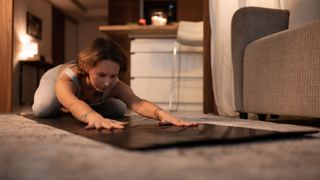
Assess your sleep hygiene
Sleep hygiene refers to the habits we have and our environment that can impact our sleep. Some can have a positive effect on our sleep, while others can hinder our ability to get quality rest. For example, poor sleep hygiene can include sleeping in a cluttered and messy bedroom, using your bedroom for work and eating sugary snacks in the evening.
Good sleep hygiene practises include avoiding caffeine in the afternoon, eating three balanced meals a day and sticking to a regular sleep schedule. Assess your lifestyle and try to identify areas where you can improve your sleep hygiene.
Create a comfortable environment
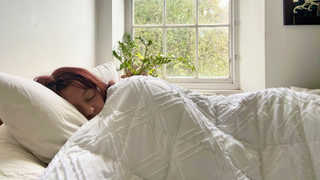
The New Year is a great time to refresh your bed to make it the cozy haven you’ve always wanted. After all, it’s hibernation season so you’ll need a comfortable bedroom.
Start by ensuring you have the best mattress for your sleep needs so your body is supported. Then, assess your pillows. Are you sleeping on the best pillow for your sleeping position?
Once you have made sure you are both supported and comfortable, you can invest in some new bedding for that indulgent hotel feel. And why not add in a weighted blanket? Using one has improved my nighttime anxiety and sleep massively.
Sign up to get the BEST of Tom's Guide direct to your inbox.
Get instant access to breaking news, the hottest reviews, great deals and helpful tips.

Lauren is an experienced writer and editor in the health and lifestyle industry and has led many campaigns and projects that deliver news, advice, and research on all things sleep. As the Sleep Features Editor for Tom’s Guide, Lauren writes, commissions and edits sleep and mattress content, from in-depth how-tos in sleep and mattress health to interviews with doctors and neuroscientists on the latest news in sleep. Lauren regularly tests new sleep tech and accessories to evaluate their effectiveness for getting good quality sleep and easing specific sleep struggles like nighttime anxiety. Alongside this, Lauren reports on the best mattress brands out there, like Helix, Saatva, and DreamCloud, helping readers find the right mattress for them and the best deals on them.
